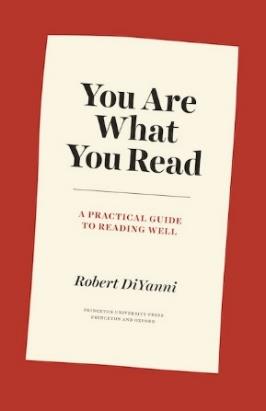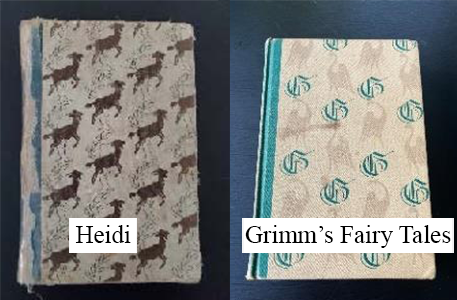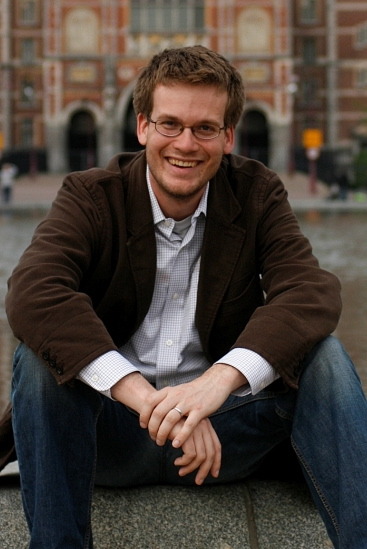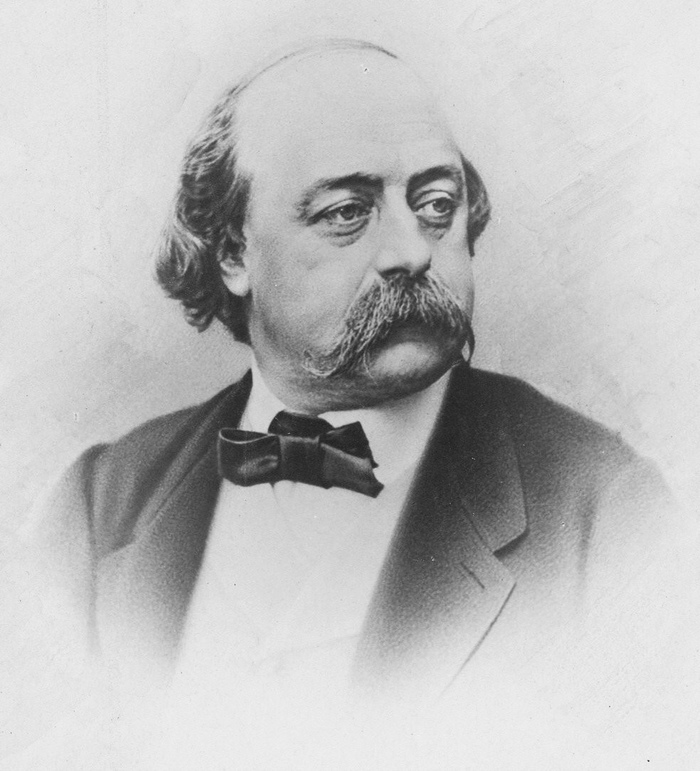You are What You Eat Read
“You are what you eat” is often said or written as a reminder that if we aren’t careful about what we eat at least part of us will become something we don’t want to be, e.g. fat, skinny, unhealthy, or a danger to the planet.
As I look at the many books in my house that I’ve read and loved over my lifetime, I often say to myself and sometimes to others, “You are what you read.” Those books feel like they are an important part of who I am, so much so that to give them away would be like losing part of myself.
To prove I’m the not the only one who says “You are what you read,” I asked A.I. to find references to that phrase. What she told me is, “The saying ‘You are what you read’ emphasizes the profound impact that reading has on our minds, perspectives, and even our identities. Here are some notable quotes related to this idea….” What followed were the top four quotes from Goodreads’s list of 7,166 quotes tagged as “reading.” I clicked on the footnote, which brought up a list of the top 30, none of which said exactly that. (More below.)
 After a little more research, I found a book with that title published by Princeton
University Press in 2021. According to the author, Robert DiYanni, “Reading may delight
us or move us; we may read for instruction or inspiration, but more than this, in
reading we discover ourselves. We gain access to the lives of others, explore the
limitless possibilities of human existence, develop our understanding of the world
around us, and find respite from the hectic demands of everyday life.”
After a little more research, I found a book with that title published by Princeton
University Press in 2021. According to the author, Robert DiYanni, “Reading may delight
us or move us; we may read for instruction or inspiration, but more than this, in
reading we discover ourselves. We gain access to the lives of others, explore the
limitless possibilities of human existence, develop our understanding of the world
around us, and find respite from the hectic demands of everyday life.”
So, I didn’t make it up, but its origins are fuzzy. When I asked that specific question, A.I. pointed me to two scholarly papers. One surmised that it evolved from “You are what you eat,” attributed to Anthelme Brillat-Savarin, a French lawyer and gastronome, in 1826.
Reading to the End of Life
I love to read! I’m passionate about interesting books that are beautifully written. I’ve also said, “I’ll go happily if I can read myself into the grave,” loosely translated to mean that “I hope the ability to read stays with me until I die.” I have good reason to fear that might not be so as I watched my father and my husband, both avid readers, lose that ability.
My father suffered a gradual loss of short-term memory. By the time he reached 97 he was unable to remember the first part of a book before he got to the end. Yet, he still enjoyed reading. Research shows that still enjoying the process while not being able to remember the content is not that unusual in people with certain types of dementia.
When my husband, Dennis, was officially diagnosed with Alzheimer’s and vascular dementia in 2015, he was told by his neurologist that because he had been a voracious reader, a prolific writer, had innumerable social contacts as a professor of history and the book critic for a local newspaper, he would have a lot of “work- arounds” that could give him 10 more good years. Six years later, just five months before he died, he wrote an Op Ed piece for the Deseret News based on a new biography of George Washington he’d read. I formatted it and sent it in because he couldn’t remember how to do anything on his computer but write.
Three months before his death, vascular dementia caused him to have a stroke that took away most of his self-care abilities, along with his ability to read silently but not his ability to read aloud. Research shows that others with late-stage dementia can read aloud when asked, even though they have difficulty communicating via normal speech and may not comprehend what they are reading.
Of course, there are other things that can prevent reading in old age. Diseases like
Diabetic Retinopathy, Glaucoma, Age-Related Macular Degeneration, cataracts, and corneal
dystrophy can cause blindness. I have
been diagnosed with Fuchs Corneal Dystrophy, but fortunately it is progressing so
slowly that my eye doctor says I will die before I need a corneal transplant. I hope
that means he knows I will live to be 100.
My Reading History
I learned to read easily and remember hating my first grade “reading groups.” Each child took a turn reading, and we were not allowed to read ahead. Other than the Dick and Jane series, read by 80% of first graders in the 1950s, there weren’t a lot of books written specifically for children.
 I have two very old books that somehow survived my childhood. Both are hardback “chapter
books” from the Illustrated Junior Library, published in 1945 by Grosset & Dunlap,
Inc. Heidi by Johanna Spyri and Grimm’s Fairy Tales by the Brothers Grimm were given
to me when, in 1952 at age nine, I was bedridden with rheumatic fever. You may know
that the original Fairy Tales were not at all like the “Disney versions,” and some
aren’t even considered suitable for children today. I read both over and over. Perhaps
it was then I first learned I could escape into books.
I have two very old books that somehow survived my childhood. Both are hardback “chapter
books” from the Illustrated Junior Library, published in 1945 by Grosset & Dunlap,
Inc. Heidi by Johanna Spyri and Grimm’s Fairy Tales by the Brothers Grimm were given
to me when, in 1952 at age nine, I was bedridden with rheumatic fever. You may know
that the original Fairy Tales were not at all like the “Disney versions,” and some
aren’t even considered suitable for children today. I read both over and over. Perhaps
it was then I first learned I could escape into books.
When I was 12, I was allowed to ride my bike with a basket to the small library on Evergreen Avenue in Millcreek. No one told me which books I could read, and I remember at some point feeling like I had read everything in the library. (Probably not.) As the oldest of seven children, soon to be nine, I was an “assistant mother” who escaped into books every chance I had in between my many chores.
As a senior at Olympus High School, from my Advanced Placement English teacher, Barbara Beal, I learned that the best books are more than just entertaining stories. I loved learning about and discussing symbolism, layers of meaning, voice, perspective, metaphors, etc. Now, when I read books I love, I can’t wait to talk to someone about them. I know what John Green meant when he wrote,
 “Sometimes, you read a book and it fills you with this weird evangelical zeal, and
you become convinced that the shattered world will never be put back together unless
and until all living humans read the book.”
“Sometimes, you read a book and it fills you with this weird evangelical zeal, and
you become convinced that the shattered world will never be put back together unless
and until all living humans read the book.”
-John Green, The Fault in Our Stars
Sometimes I read a book on my Kindle and then buy it in print just so I can share it with others. Since 2005, I’ve kept a record of the books I’ve read each year, along with a brief description of each. If I truly am what I read, I feel these lists will tell future generations more about who I was than many other records could.
As promised, here are four more of my favorite quotes about reading from the Goodreads list:
 “It is what you read when you don't have to that determines what you will be when
you can't help it.”
“It is what you read when you don't have to that determines what you will be when
you can't help it.”
― Oscar Wilde, Irish poet and playwright
 “You don't have to burn books to destroy a culture. Just get people to stop reading
them.”
“You don't have to burn books to destroy a culture. Just get people to stop reading
them.”
―Ray Bradbury, American author and screenwriter
 “Sleep is good, he said, and books are better.”
“Sleep is good, he said, and books are better.”
― George R. R. Martin, American novelist, screenwriter, television producer
 “Do not read, as children do, to amuse yourself, or like the ambitious, for the purpose
of instruction. No, read in order to live.”
“Do not read, as children do, to amuse yourself, or like the ambitious, for the purpose
of instruction. No, read in order to live.”
― Gustave Flaubert, French novelist
